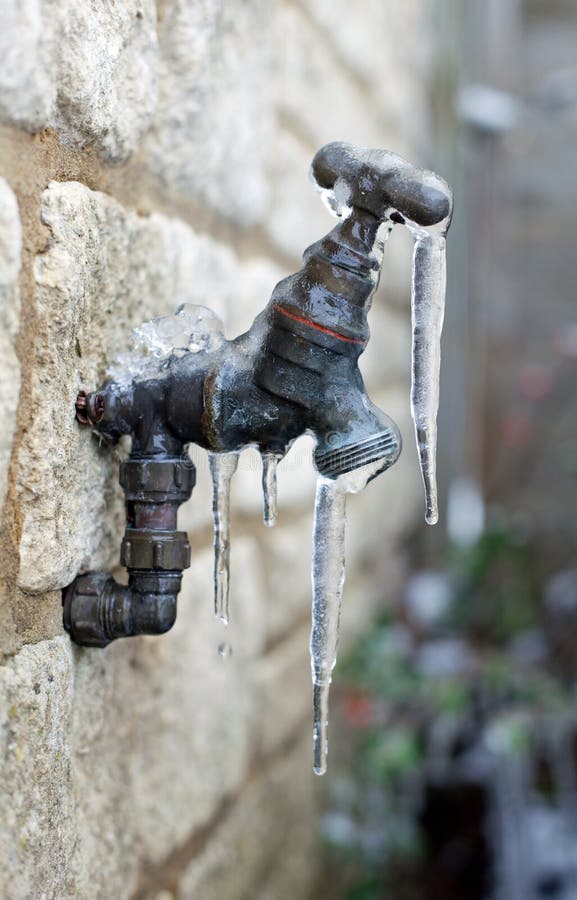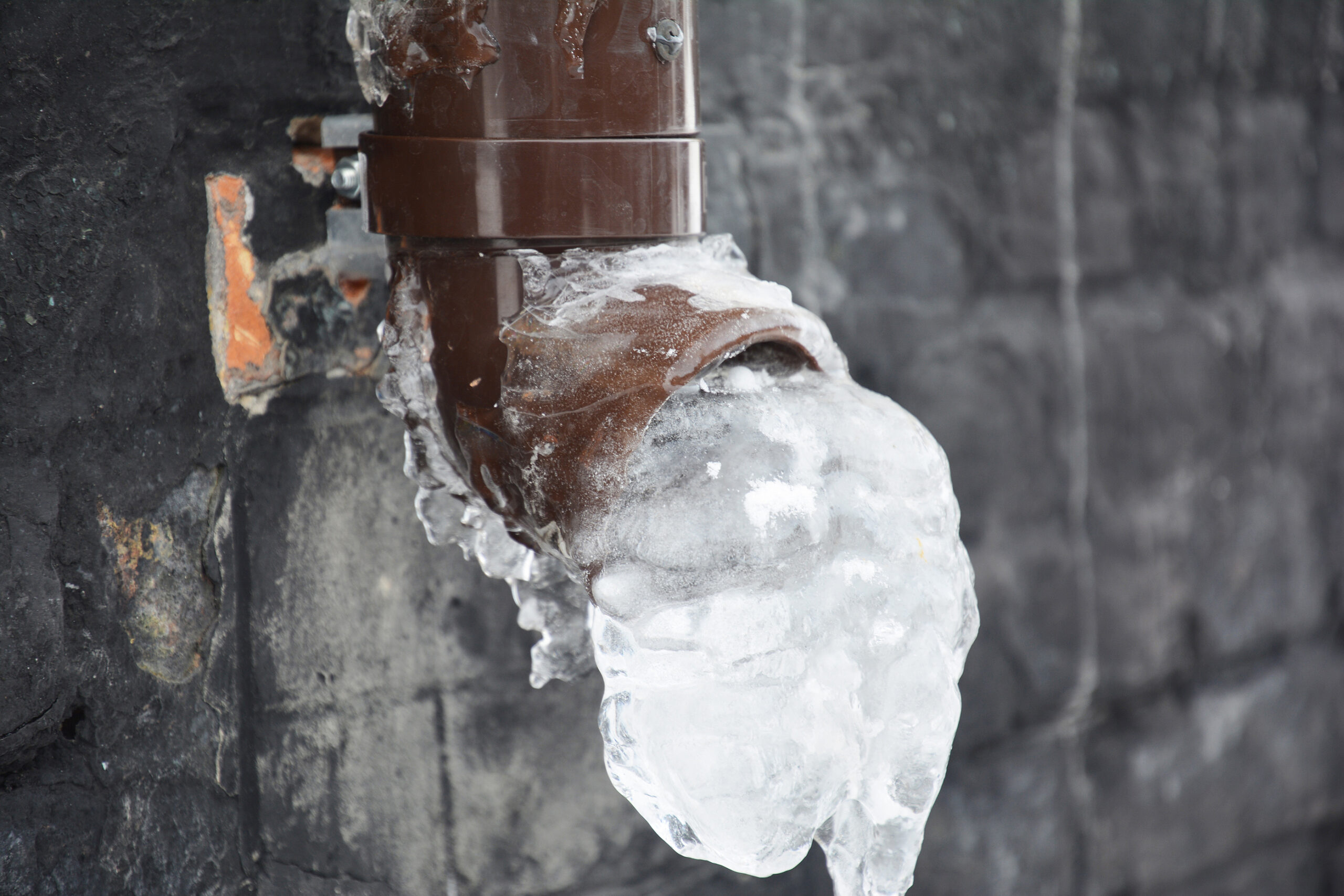Safeguarding Your Pipes from Cold Weather Damage: Essential Tips
Safeguarding Your Pipes from Cold Weather Damage: Essential Tips
Blog Article
This article listed below about Prevent Frozen Pipes is seriously motivating. Don't overlook it.

Winter can damage your plumbing, specifically by freezing pipes. Here's just how to avoid it from happening and what to do if it does.
Intro
As temperatures decline, the danger of icy pipelines boosts, possibly bring about costly fixings and water damage. Comprehending how to prevent frozen pipelines is crucial for house owners in cool climates.
Prevention Tips
Protecting prone pipelines
Wrap pipes in insulation sleeves or use heat tape to protect them from freezing temperatures. Focus on pipes in unheated or outside locations of the home.
Home heating strategies
Maintain indoor rooms properly heated, especially areas with pipes. Open up cupboard doors to enable warm air to distribute around pipes under sinks.
How to identify icy pipelines
Seek lowered water flow from faucets, unusual smells or noises from pipelines, and noticeable frost on revealed pipes.
Long-Term Solutions
Architectural changes
Take into consideration rerouting pipelines away from exterior walls or unheated locations. Add additional insulation to attic rooms, basements, and crawl spaces.
Upgrading insulation
Buy high-quality insulation for pipelines, attics, and wall surfaces. Correct insulation aids keep constant temperature levels and lowers the danger of icy pipelines.
Shielding Outdoor Plumbing
Yard hoses and outside taps
Detach and drain pipes garden pipes prior to wintertime. Mount frost-proof spigots or cover outside taps with insulated caps.
Comprehending Icy Pipelines
What causes pipes to freeze?
Pipes ice up when revealed to temperature levels below 32 ° F (0 ° C) for extended periods. As water inside the pipes freezes, it broadens, taxing the pipeline wall surfaces and potentially causing them to burst.
Risks and damages
Frozen pipes can lead to supply of water interruptions, property damages, and pricey fixings. Ruptured pipelines can flooding homes and cause substantial structural damages.
Indicators of Frozen Pipes
Determining icy pipelines early can prevent them from breaking.
What to Do If Your Pipes Freeze
Immediate activities to take
If you think icy pipelines, maintain faucets open to alleviate stress as the ice melts. Use a hairdryer or towels taken in hot water to thaw pipelines slowly.
Verdict
Protecting against frozen pipelines needs proactive procedures and fast reactions. By recognizing the causes, indications, and safety nets, home owners can safeguard their pipes throughout cold weather.
Helpful Tips to Prevent Frozen Pipes this Winter
UNDERSTANDING THE BASICS: WHY PIPES FREEZE AND WHY IT’S A PROBLEM
Water freezing inside pipes is common during the winter months, but understanding why pipes freeze, and the potential problems it can cause is crucial in preventing such incidents. This section will delve into the basics of why pipes freeze and the associated problems that may arise.
THE SCIENCE BEHIND FROZEN PIPES
When water reaches freezing temperatures, it undergoes a physical transformation and solidifies into ice. This expansion of water as it freezes is the primary reason pipes can burst. As the water inside the pipe freezes, it expands, creating immense pressure on the walls. If the pressure becomes too great, the pipe can crack or rupture, leading to leaks and water damage.
FACTORS THAT CONTRIBUTE TO PIPE FREEZING
Low Temperatures: Extremely cold weather, especially below freezing, increases the risk of pipes freezing. Uninsulated or Poorly Insulated Pipes: Pipes located in unheated areas, such as basements, crawl spaces, or attics, are more prone to freezing. Insufficient insulation or lack of insulation altogether exacerbates the problem. Exterior Wall Exposure: Pipes running along exterior walls are susceptible to freezing as they encounter colder temperatures outside. Lack of Heating or Temperature Regulation: Inadequate heating or inconsistent temperature control in your home can contribute to frozen pipes. PROBLEMS CAUSED BY FROZEN PIPES
- Pipe Bursting: As mentioned earlier, the expansion of water as it freezes can cause pipes to burst, resulting in significant water damage.
- Water Damage: When pipes burst, it can lead to flooding and water damage to your property, including walls, ceilings, flooring, and personal belongings.
- Structural Damage: Prolonged exposure to water from burst pipes can compromise the structural integrity of your home, leading to costly repairs.
- Mold and Mildew Growth: Excess moisture from water damage can create a favorable environment for mold and mildew growth, posing health risks to occupants.
- Disrupted Water Supply: Frozen pipes can also result in a complete or partial loss of water supply until the issue is resolved.
WHY CERTAIN PIPES ARE MORE PRONE TO FREEZING
- Location: Pipes located in unheated or poorly insulated areas, such as basements, crawl spaces, attics, or exterior walls, are at higher risk of freezing.
- Exterior Pipes: Outdoor pipes, such as those used for irrigation or exposed plumbing, are particularly vulnerable to freezing as they are directly exposed to the elements.
- Supply Lines: Pipes that carry water from the main water supply into your home, including the main water line, are critical to protect as freezing in these lines can affect your entire plumbing system.
- Underground Pipes: Pipes buried underground, such as those connected to sprinkler systems or outdoor faucets, can be susceptible to freezing if not properly insulated.
https://busybusy.com/blog/helpful-tips-to-prevent-frozen-pipes-this-winter/

We hope you enjoyed our article about 6 Ways to Prevent Frozen Pipes. Thanks so much for finding the time to read our piece. If you enjoyed our blog entry plz remember to pass it around. I am grateful for being here. Don't forget to visit our website back soon.
Call Today Report this page